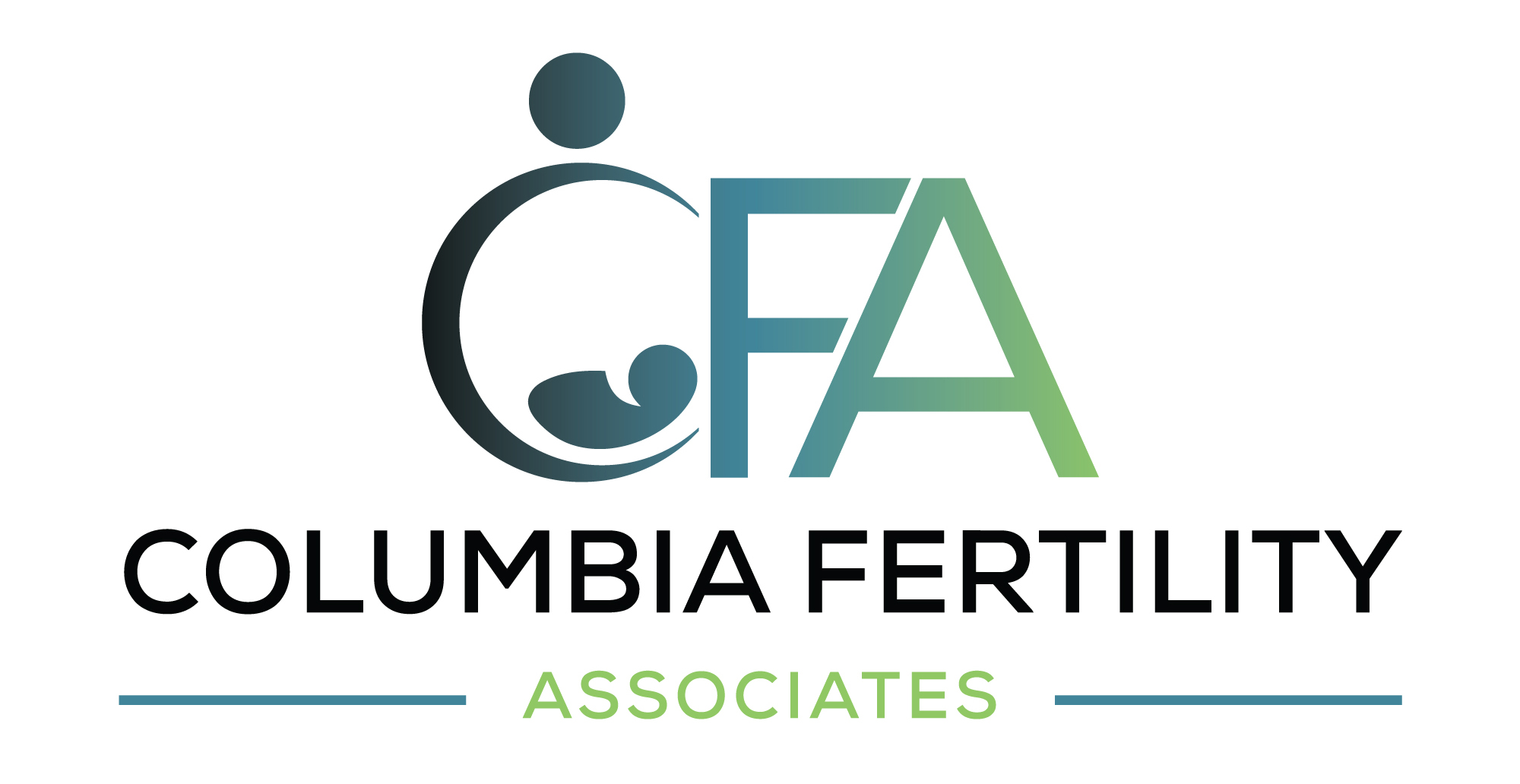Up tp 15% of all couples have challenges with becoming and staying pregnant, and are diagnosed with infertility. Problems with hormones, structural abnormalities, and other issues affect the female partner, the male partner, or both, in equal measure.
If somebody you love is struggling with an infertility diagnosis, you may feel helpless, too. You want to offer support, but you don’t want to pry or make assumptions about their desires. You may wonder how to communicate with them at all during this trying time in their lives.
Our fertility specialists at Columbia Fertility Associates have helped thousands of women and men understand the reasons for their infertility, find solutions that match their needs and means, and move forward on their journey through life — with or without biological children. If you wonder how to help your loved one in their own journey, below are some tips.
Be available
If you want to support your loved one or friend with an infertility diagnosis, one of the most helpful things you can do is just remind them that you care and you’re there for them — whenever they need you.
Your loved one may not be ready to talk about infertility, and may never be ready. But if they are, be prepared to just listen and support them emotionally.
Be informed
When couples struggle with infertility, they may have gone through numerous procedures or have researched those procedures. To support your friend, make sure you’ve read about the most common causes of and solutions for infertility so that you understand the terms they use, when they’re ready to talk.
That doesn’t mean you should propose solutions to your friend. Be an active listener. Ask questions, let them know you’re interested, but in most cases, refrain from giving advice. Your loved one may be in a state of grief and not ready to make important decisions just yet.
Help out however you can
Your friend may need a babysitter or other help as they decide to consult with fertility specialists, counselors, or other professionals. They may also benefit from somebody being alongside them when they have an important appointment or are waiting to hear the results of a test.
Even if your loved one has a partner, that partner may not be available for all appointments. Ask your friend what they need, and do you best to fulfill those needs or find another friend or relative who can give support.
If your friend is undergoing fertility treatments, they may be uncomfortable from the hormones and cramping. You can offer to help with housework or do whatever else they need. Again, they may just need somebody who cares and listens.
Be sensitive to their situation
If you’ve recently become pregnant, or if you have kids, you may want to dial back talking about your frustrations with your children, or your joy at becoming pregnant. You don’t have to keep secrets, but do remember that every time your loved one sees a baby or a pregnant woman, they may feel their loss again.
Let them know that they don’t have to attend birthday parties, showers, or other events that may reopen their wounds. At the same time, remind them that if they want to attend, they can. If staying away from social and family events makes your loved one feel excluded, plan special times for just the two of you to catch up.
Avoid platitudes
While it may be tempting to give advice or to offer affirmations to help ease your friend’s pain, blanket statements, such as, “It’ll all work out the way it should,” or “It’s all for the best,” may feel condescending or blaming. Asking questions about how they feel and what they need is better than trying to soothe those feelings yourself. Your friend will heal in their own time.
Help them get help
Having a miscarriage or failing to get pregnant — time after time, and sometimes procedure after procedure — takes an emotional toll. If your friend or loved one is in despair, or has lost interest in activities that used to give them joy, they may be depressed. Gently bring up the idea of counseling or therapy to help them through their grief.
If you notice that they’re suicidal or talk of self-harm, however, don’t delay: Contact the National Suicide Prevention Lifeline immediately.
If your loved one hasn’t yet sought help for their fertility problems, and they aren’t sure where to turn, you can make suggestions (as long as they’re the ones who asked first). They may need your support during a first consultation to help them remember what was said and what their options are.
You can also offer to listen to their thoughts after meeting with fertility specialists. Helping them debrief can make them feel supported as they opt for treatments or not.
To learn more about infertility and fertility treatments, feel free to read through our blog posts and service pages. If your loved one wants to schedule an infertility consultation, contact our office nearest you. We have clinics in Washington, DC; Bethesda, Maryland; and Arlington, Virginia.








